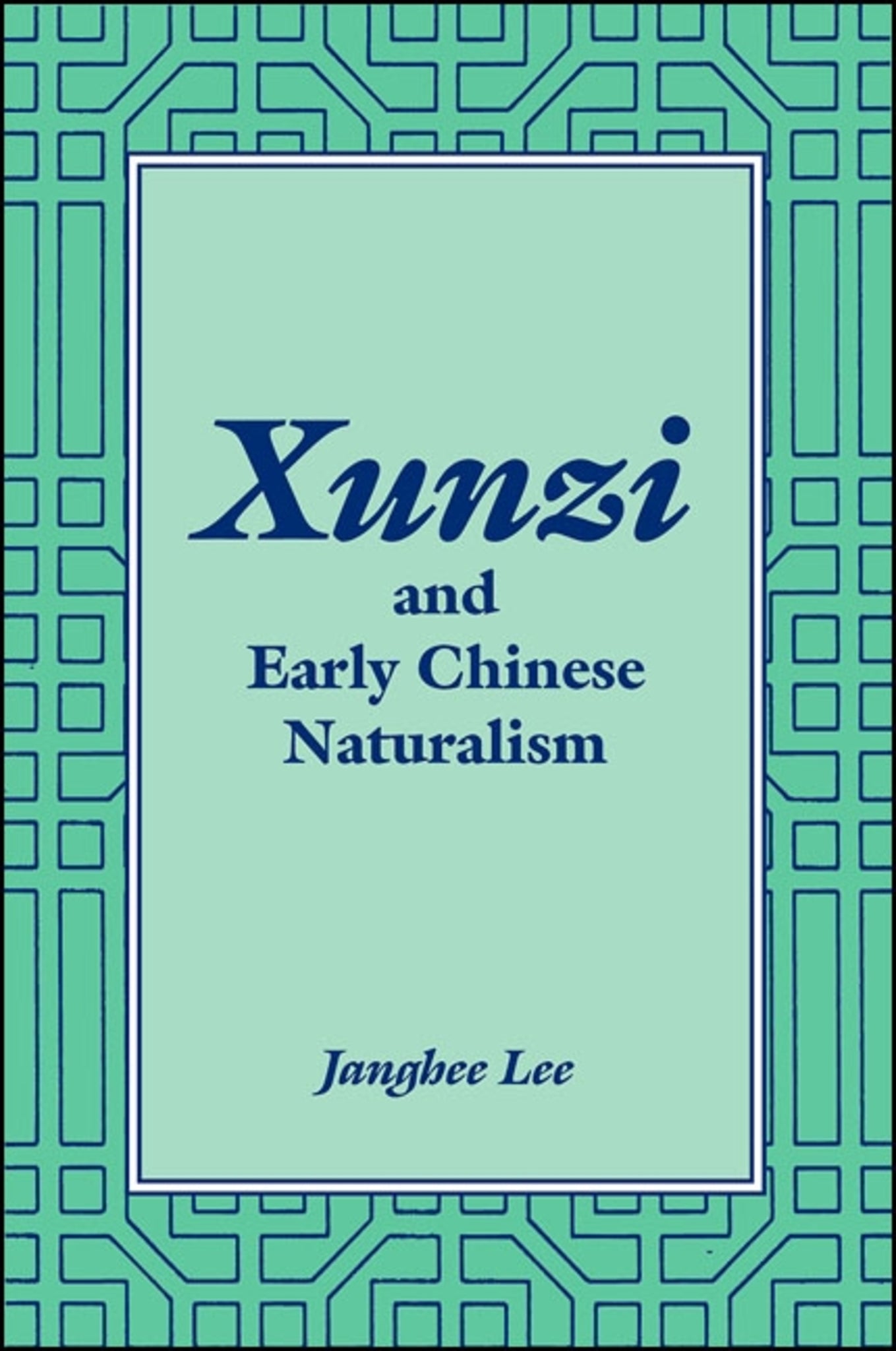We're sorry. An error has occurred
Please cancel or retry.
Xunzi and Early Chinese Naturalism

Some error occured while loading the Quick View. Please close the Quick View and try reloading the page.
Couldn't load pickup availability
- Format:
-
11 November 2004

Explores Xunzi's thought in relation to the early Chinese philosophical context that relied on the natural world.
Xunzi, one of the founders of Confucianism, is often compared to Aristotle in the sense that Xunzi is a great synthesizer as well as an original thinker in his own right. This book situates Xunzi's philosophy in the context of early Chinese philosophy, particularly with what the author identifies as Chinese "naturalism."
Early Chinese naturalism refers to a unique Chinese philosophical orientation that seeks normativity in the realm of nature. In early China, where the notion of transcendence never occupied a central position in philosophical discourse, it was perfectly reasonable for philosophers to turn to the "naturalness" or "spontaneity" of nature as a source of value or guidance for a way of life. Janghee Lee argues that the most prominent features of Xunzi's philosophy-his famous doctrine that human nature is bad and his strong emphasis on ritual-can best be understood as Xunzi's critical response to the naturalistic trend of his time, which can be found not only in Daoist philosophers like Zhuangzi, but also in other Confucian philosophers such as Mencius. According to the author, Xunzi's concept of xin (mind-heart) provides a crucial hint for understanding his ritual-oriented philosophy, clearly contrasted with the naturalistic tendencies of early Chinese philosophy.


1. Introduction
2. Background
Introduction
Xin in the Mencius
Xin in the Zhuangzi
3. The Notions of Tian and Xing in Xunzi
Introduction
Tian as the Source
Xing as Given Qualities
The Definition of Xing
The "Badness" of Xing
4. The Notion of Xin
Introduction
The Evolution of the Notion of Xin in Ancient Chinese Philosophy
The Customary Usage of Xin in the Xunzi
Xin as the Faculty of Self-Governance
Critical Thinking and Empirical Knowledge
The Volitional Aspect of Xin
The Problem of the Blindness of Xin and Xin's Capacities
5. Li and Morality
Introduction
Conventional but Nonarbitrary Names
Li
The Origin of Li
The Functions of Li
Li as a Practice
An "Objective" Aspect in the Notion of Li
Li and the Autonomy of Xin
Legalism and Xunzi
Xin and Li
6. Naturalism and Autonomy
Introduction
Background for Kant's Ethics
Kant's Deontological Ethics and the Notion of Autonomy
Chinese Naturalism and Xunzi's Notion of the Autonomy of Xin
7. Xunzi in the History of Chinese Philosophy
Introduction
Li Zehou's View of Chinese Philosophy
Humankind and Nature in Xunzi's Philosophy
Notes
Bibliography
Index



